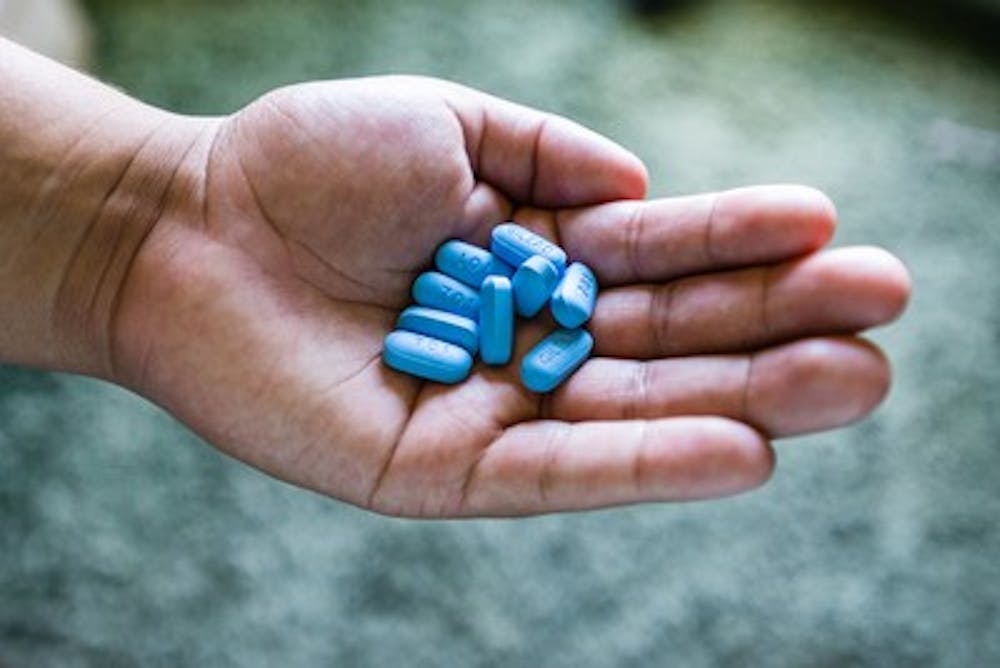The N.C. Department of Health and Human Services and the N.C. AIDS Action Network unveiled on March 5 the N.C. Ending the Epidemic Plan — a collaborative statewide effort to end HIV.
An estimate from 2017 showed that 35,045 people in North Carolina live with HIV, and there were around 1,310 new diagnoses that year.
The plan would build on 35 years worth of HIV research and care by hosting in-person events and conducting digital outreach to connect with community stakeholders such as providers, people living with or vulnerable to HIV and their friends and families.
Evelyn Foust, head of the NCDHHS’s Communicable Disease Branch in the Division of Public Health, which is spearheading the project, said she is excited about the initiative.
“Treatment works, and that’s the miracle of this century, so now we just need to push and really help as many people as we can get into care and prevent new infections for those who are not yet infected,” she said.
Prevention methods include condoms and pre-exposure prophylaxis, a medication designed for populations who are at high risk for HIV infection that reduces the chance of acquiring HIV by more than 90 percent when taken as directed by a medical provider.
Eighty-six percent of people living with HIV served by specific HIV programs or HIV medication assistance program are virally suppressed, meaning that they cannot transmit the virus.
It is estimated that 12 percent of people living with HIV in North Carolina are unaware of their status.
Foust explained that, though HIV testing is free through North Carolina’s local health departments, not all sexually active people are getting offered a routine test during their annual exam.




